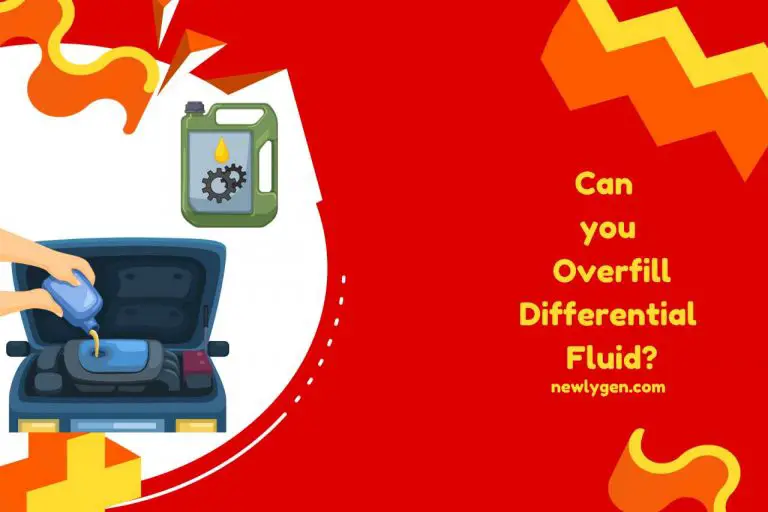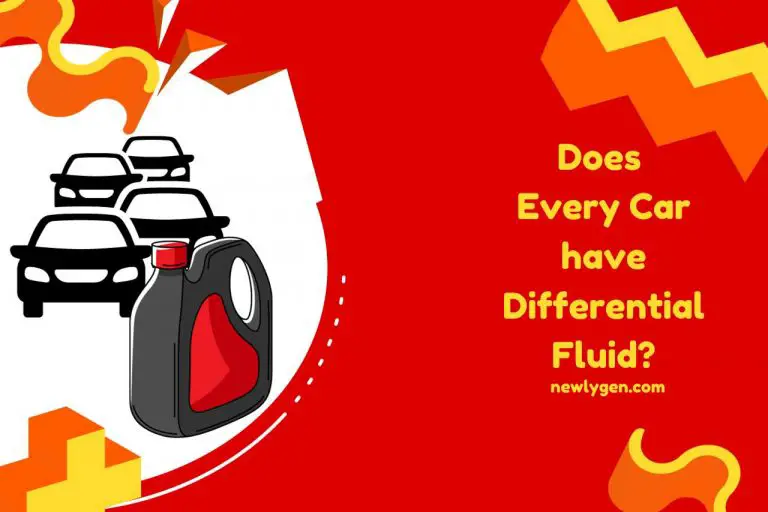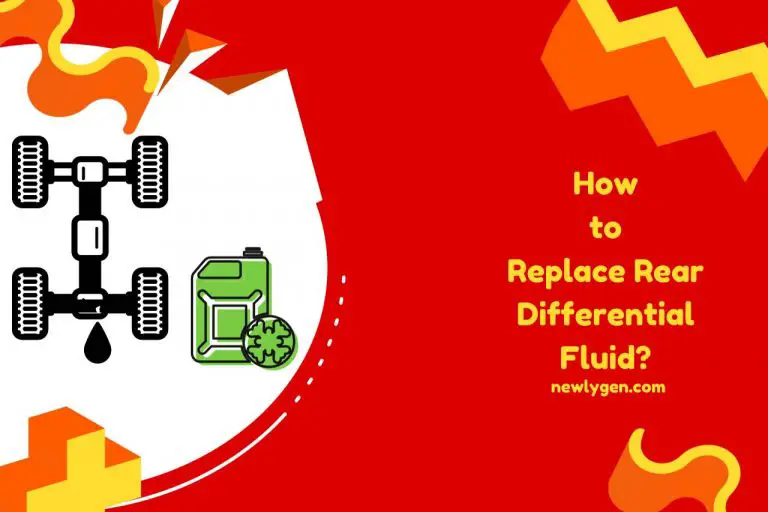Temperature Gauge Rising But Car Not Heating? Here Is The Solution
Older automobiles tend to have more temperature gauges since engine cooling systems weren’t nearly as efficient as they are now. When your car issues an overheating warning, it may be a stressful experience. If not immediately addressed, a hot engine might result in various issues. In the worst-case situation, your car can be smoking on the roadside with you stranded there. So you might be thinking about what’s the cause that temperature gauge rising but car not heating?
We’ll go over what to do if the car is overheating and some other fascinating facts about motors and their ideal operating temperatures.
Possible Causes For Temperature Rising But Car Not Heating
Running on a scorching engine is terrible for your car, and you can notice white smoke from your engine if it becomes too hot. Several circumstances might result in the car running hot and not overheating.
So if you find yourself in this situation, you should be aware of what may have triggered the temperature gauge rising but car not heating before you start to think of a remedy. While operating a car, it is crucial to understand how most of its systems work.
-
Faulty Temperature Gauge
The components that make up the temperature gauge are readily breakable. However, after looking into other possible explanations, this issue should be considered one of the final ones.
For instance, the temperature gauge’s needle component gets readily broken if stuck in a heated area. Several gears can also impact the operation of this needle in your car’s temperature gauge. It may be why the temperature gauge cannot provide a consistent reading.
Your car’s temperature gauge may display an incorrect value if the radiator cap gets not tightly fastened. Also, remember that an erroneous temperature gauge might cause the engine to overheat despite the standard temperature gauge.
-
Bad Temperature Sensor
Another cause of your car’s temperature gauge increasing but not overheating is a bad temperature sensor. Your car’s temperature sensor detects the engine’s temperature; a malfunctioning sensor frequently causes the temperature gauge to read incorrectly.
Therefore, if this is a problem with your automobile, the temperature gauge may provide an erroneous alert and show that perhaps the engine is overheating. It may explain how it feels to drive when the temperature shifts.
-
Bad Water Pump
Since it’s the coolant pump in your automobile, the water pump is a little bit of a misnomer. Moving cooling fluid around the engine is, in any event, the water pump’s primary function.
The engine will heat up fast while idling if the water pump malfunctions. It’s also possible that the temperature will return to normal after the car starts driving. It is probably because the car’s increased ventilation makes up for the absence of coolant circulation. If you’ve identified your water pump as the issue, you need to change it as soon as possible.
-
Old coolant
Old coolant is among the most frequent causes of a temperature gauge rising but car not heating. The majority of automakers advise changing the engine coolant every two years. It is due to the engine coolant’s diminished capacity to absorb thermal energy and sustain engine temperature over time.
Additionally, old coolant loses its capacity to prevent the corrosion of the engine’s interior components. Coolant additives, such as rust inhibitors stop functioning after a while, producing a buildup of muck and debris in the engine’s coolant channels and hoses.
The engine may run hot if an obstruction in the coolant system prevents the flow of coolant around the engine. Additionally, engine coolant contains chemicals that improve the coolant’s thermogenic qualities. As a result, the coolant’s capacity to absorb heat may also degrade.
-
Low coolant level
Your automobile may run hot if the level of the coolant reservoir is lower than usual. Your automobile may start to malfunction, and the engine will overheat if the coolant reservoir is empty. Other sections and components of the car may have issues due to overheating.
To avoid this, you should either fill up a second canister with radiator liquid or have extra on. To ensure the reservoirs get stocked with the correct fluid volume, you must frequently check the coolant levels. If not, driving the car might eventually result in damage, and then before long, those parts can break suddenly.
-
Broken wirings
You should examine the sensor’s cables to the gauge or ohm meter from a cluster connector if your automobile has two temperature sensors and one distinct for the gauge.
If you have one sensor for each, there may be a wiring issue between the gauge and the ECU, or there may be one (more likely) between the sensor and the ECU. Between these parts, look for any frayed wires.
The best technique to identify damaged wiring is to use a multimeter to measure resistance from every direction of the wires. You might need to let the mechanic have a check at it because this involves a little electronic automobile understanding.
-
Damaged head gasket
A faulty head gasket may be one of the reasons why the temperature gauge rises, but the car hardly overheats. Suppose you have any head gasket blowout symptoms. In that case, the head gasket is responsible for creating the seal between the cylinder and engine block.
As a result, the coolant, combustion chamber, and seal where the engine oil travels get not shielded. A broken head gasket may bring on coolant leaking.
Final Thought
You must realize that a car’s engine is its beating heart. As a result, you should place the highest priority on the condition of your car’s engine. Before starting the engine to go on a drive, always inspect the different components of your vehicle, and make sure you follow your car’s maintenance plan.
Doing this may significantly reduce the likelihood that your automobile will experience problems that lead to hot running but no overheating or engine troubles.
Continue Exploring: More Articles to Keep You Engaged




![How Many Miles Is 1 Gallon Of Gas [How To Improve Fuel Efficiency]](https://newlygen.com/wp-content/uploads/2022/05/Who-To-Call-For-Gas-Leak-Repair-1-768x512.jpg)



The point of view of your article has taught me a lot, and I already know how to improve the paper on gate.oi, thank you. https://www.gate.io/fr/signup/XwNAU
Can you be more specific about the content of your article? After reading it, I still have some doubts. Hope you can help me. https://accounts.binance.com/en/register?ref=OMM3XK51